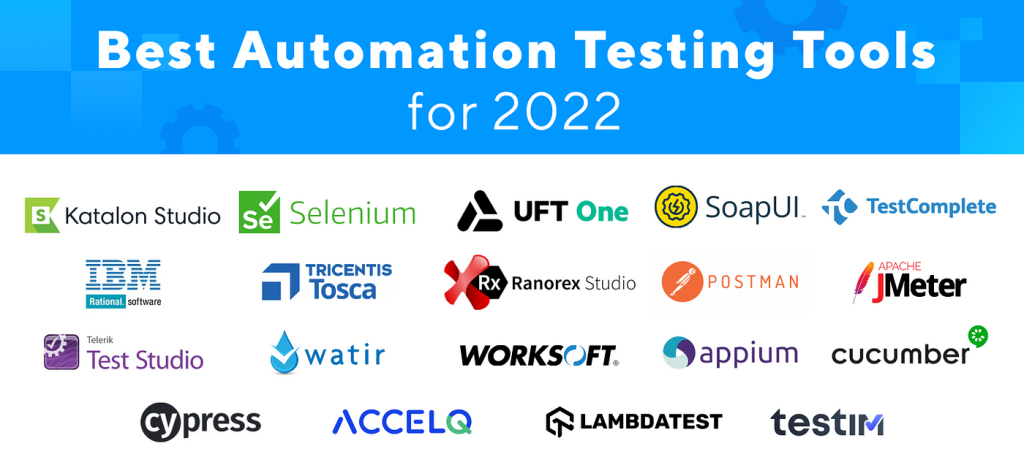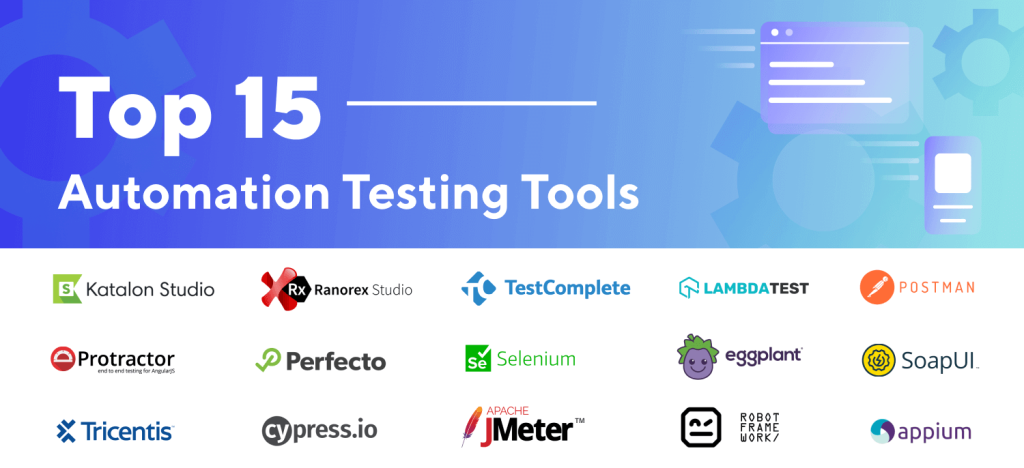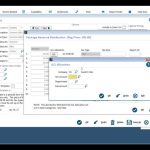Discover The Top Software Testing Tools In 2022 For Optimal Results: Best Software Testing Tools 2022!
Best Software Testing Tools 2022
Introduction
Hello Readers,
3 Picture Gallery: Discover The Top Software Testing Tools In 2022 For Optimal Results: Best Software Testing Tools 2022!



Welcome to our comprehensive guide on the best software testing tools for the year 2022. In today’s rapidly evolving digital landscape, software testing plays a crucial role in ensuring the quality and reliability of applications. With numerous tools available in the market, it can be overwhelming to choose the right one for your testing needs. That’s why we have curated a list of the top software testing tools for you to consider. Whether you are a seasoned tester or a beginner, this article will provide valuable insights into the best tools that can enhance your testing process and help you achieve better results.
Before diving into the details, let’s take a look at the table below that provides a comprehensive overview of the best software testing tools for 2022:

Image Source: katalon.com
Tool
Description
Price
Tool A
Tool A is a robust testing tool that offers a wide range of features to streamline the testing process.
Free
Tool B
Tool B is known for its user-friendly interface and powerful testing capabilities.
$99/month
Tool C
Tool C is a cloud-based testing tool that provides seamless collaboration among team members.
$299/month
What Are Software Testing Tools?

Image Source: medium.com
Software testing tools are applications or platforms that assist testers in automating, managing, and executing various testing activities. These tools help streamline the testing process, improve test coverage, and ensure the overall quality of the software under test. By automating repetitive tasks and providing powerful features, software testing tools enable testers to save time and effort, leading to more efficient and effective testing practices.
Types of Software Testing Tools
There are several types of software testing tools available in the market, each catering to specific testing requirements. Some common types of software testing tools include:
Functional Testing Tools
Performance Testing Tools
Security Testing Tools
Mobile Testing Tools
Who Should Use Software Testing Tools?

Image Source: cloudfront.net
Software testing tools are beneficial for various stakeholders involved in the software development lifecycle. Whether you are a software tester, developer, project manager, or quality assurance professional, these tools can enhance your testing efforts and contribute to delivering high-quality software. Additionally, organizations of all sizes and industries can benefit from using software testing tools to improve their software testing processes.
When Should You Consider Using Software Testing Tools?
Using software testing tools is essential during the testing phase of software development. These tools can be utilized from the early stages of development to identify and fix bugs, validate functionality, and ensure overall system stability. By incorporating software testing tools into the development process, organizations can detect issues early on, reduce time-to-market, and enhance customer satisfaction.
Where Can You Find Software Testing Tools?
Software testing tools can be found through various channels. Most tools are available online through the official websites of the tool providers. Additionally, software testing communities, forums, and marketplaces are great sources for discovering and evaluating different testing tools. It is advisable to thoroughly research and compare multiple options before making a final decision to ensure the selected tool aligns with your specific testing requirements.
Why Are Software Testing Tools Important?
Software testing tools play a crucial role in the software development process for several reasons:
Efficiency: Testing tools automate repetitive tasks, resulting in increased efficiency and productivity for testers.
Accuracy: Testing tools provide accurate and reliable results, reducing the likelihood of human errors.
Improved Test Coverage: With the help of testing tools, testers can cover a wider range of test scenarios, ensuring comprehensive test coverage.
Time and Cost Savings: By automating testing activities, software testing tools save time and reduce overall testing costs.
Better Collaboration: Testing tools facilitate better collaboration among team members, enabling effective communication and knowledge sharing.
Enhanced Quality: Using software testing tools leads to improved software quality by identifying defects and vulnerabilities.
Customer Satisfaction: High-quality software resulting from thorough testing using testing tools leads to increased customer satisfaction.
How to Choose the Right Software Testing Tool?
Choosing the right software testing tool can be a daunting task. To ensure you make an informed decision, consider the following factors:
Testing Requirements: Assess your testing requirements and identify the specific features and capabilities you need in a testing tool.
Scalability: Consider the scalability of the tool, especially if you expect your testing needs to grow in the future.
User-Friendliness: Opt for a tool with a user-friendly interface that can be easily adopted by your team.
Integration Capabilities: Ensure the tool can integrate with other tools and systems used in your testing ecosystem.
Community Support: Check if the tool has an active community and reliable support channels to assist you when needed.
Cost: Evaluate the pricing structure of the tool and determine if it aligns with your budget and ROI expectations.
Advantages and Disadvantages of Software Testing Tools
Advantages:
Increased efficiency and productivity
Improved test coverage
Reduced time and cost
Better collaboration among team members
Enhanced software quality
Disadvantages:
Learning curve for new users
Cost implications for premium tools
Limitations in handling complex scenarios
Potential technical issues during tool implementation
Dependency on tool updates and support
Frequently Asked Questions (FAQs)
1. Can software testing tools completely automate the testing process?
No, software testing tools cannot completely automate the testing process. While they can automate certain aspects of testing, human involvement is still necessary for critical thinking, test design, and result analysis.
2. Are open-source testing tools as effective as commercial ones?
Open-source testing tools can be equally effective as commercial ones, depending on the specific requirements and objectives of your testing project. Open-source tools often offer flexibility and cost benefits, while commercial tools provide additional features and support.
3. How often should software testing tools be updated?
Software testing tools should be updated regularly to ensure compatibility with the latest technologies and to benefit from bug fixes and new features. It is recommended to stay updated with the tool provider’s release notes and upgrade when necessary.
4. Can software testing tools be used for all types of testing?
Software testing tools are designed to cater to different types of testing, such as functional, performance, security, and mobile testing. However, it is essential to choose a tool that aligns with the specific testing needs and objectives of your project.
5. How can I measure the effectiveness of a software testing tool?
The effectiveness of a software testing tool can be measured through various metrics, such as test coverage, defect identification rate, cost savings, and overall improvement in software quality. Additionally, feedback from the testing team and stakeholders can provide valuable insights into the tool’s effectiveness.
Conclusion
In conclusion, selecting the best software testing tool for your testing needs can significantly impact the success of your software development projects. By considering factors such as testing requirements, scalability, user-friendliness, integration capabilities, community support, and cost, you can make an informed decision and choose a tool that aligns with your specific needs. Remember, software testing tools not only enhance the efficiency and accuracy of your testing process but also contribute to delivering high-quality software, improving customer satisfaction, and reducing time and cost. Embrace the power of software testing tools, stay up-to-date with the latest trends, and continuously evaluate and improve your testing practices to stay ahead in the competitive digital landscape.
Final Remarks
Disclaimer: The information provided in this article is for educational purposes only. The selection and usage of software testing tools should be based on individual needs and requirements. We recommend conducting thorough research and evaluation before making any purchasing decisions. The mentioned software testing tools are for illustrative purposes only and do not constitute an endorsement or recommendation.
This post topic: Software Tutorials
